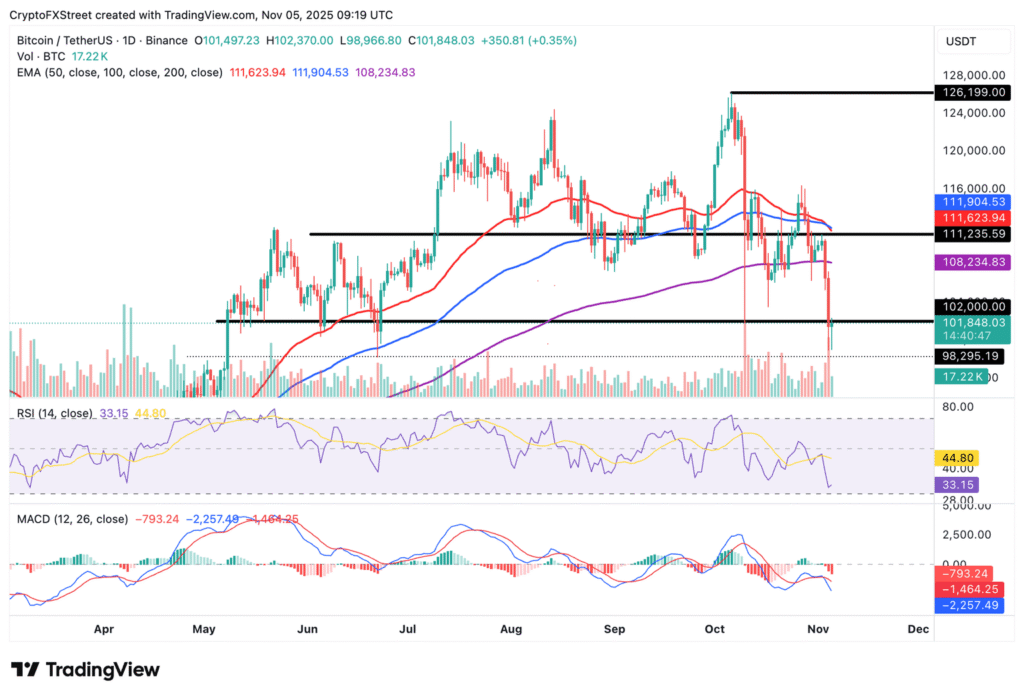Beijing/Hong Kong
—
Nearly three decades ago, Starbucks opened its first outlet in China with much fanfare, involving a troupe performing a traditional “golden lion” dance and eager customers trying cappuccinos made with steaming espresso machines.
The entry of the American brand helped spur the rise of a thriving coffee culture among the burgeoning middle class of a country that traditionally drank tea, and Starbucks soon became a symbol of Western influence in a more affluent China.
At one point the Seattle-founded coffee giant was opening a new store every 15 hours in China as it rode the wave of the country’s economic boom –– making the market a cornerstone of the US company’s global strategy.
But that’s all about to change, with Starbucks announcing on Monday that it will sell the controlling stake of its operations in the world’s second-largest economy to a Chinese investment firm.
Under the deal, Boyu Capital will hold up to a 60% interest in Starbucks retail operations in China of over 8,000 outlets, with the coffee chain retaining a minority 40% stake and continuing to license the Starbucks brand and intellectual property to the new entity.
For Starbucks patrons at an upscale mall in Beijing’s central business district – the same complex where the company first opened its doors in China in 1999 – the news doesn’t come as a complete surprise.
“When Starbucks first came to China, it positioned itself as an accessible luxury, something everyone could enjoy,” said Si Huazheng, a 28-year-old in the car sales industry who was working from his laptop at the shop on Tuesday morning.
“But now, with so many domestic coffee brands popping up, the landscape has changed,” Si added.
Starbucks is beset by a myriad of challenges in China, including fierce domestic competition and a more cost-conscious consumer base, which also includes a cohort of young people who prefer to back homegrown brands.
Dozens of beverage chains have exploded onto the scene in recent years offering coffee at steep discounts.

At the top of that list is Luckin Coffee, a Chinese brand that has overtaken Starbucks in both sales and store count, boasting three times as many outlets in the country and coffee priced as low as one-third of Starbucks’ offerings.
Luckin rose to prominence within just a few years after its founding in 2017, appealing to the country’s younger generation, and now it’s also challenging Starbucks on its home turf, opening its first outlets in New York City in June.
The beverage market in China today is nothing like the one Starbucks entered 26 years ago, when China’s economy was just beginning to take off, lifting an estimated hundreds of millions of Chinese into the middle class.
Back then, there was little mainstream coffee drinking culture to speak of, and the brand was one of a handful of American food and beverage chains vying to establish themselves in country after China’s opening-up in the early 1980s.
Starbucks’ success was forged on the back of a growing demand for Western luxuries, as well as a strategy of adapting products for the market –– to appeal to customers beyond China’s top-tier cities.
Seventy-year-old retiree Liu Zishang recalls when the outlet first opened its doors in Beijing and said it took some time for the Chinese people, like him, to get used to the taste of coffee.
“Through my spending, I get to feel the culture of Starbucks, and that’s when I started thinking, ‘Hey, this is good,’” said Liu, who was relaxing at a Starbucks in Beijing on Tuesday morning, while waiting for his grandson to finish ice skating in the same mall complex.
But he acknowledged challenges that the outlet is facing could be linked to the country’s sluggish consumption.
“The economic situation in China is declining, and the number of wealthy people is shrinking.” Liu said. “With the pressure of buying homes, cars, and loan payments, it’s probably weighing on their spending.”
China’s weak consumer demand, a result of the country’s years-long property downturn and high youth unemployment rate, has made the country’s 1.4 billion people less willing to spend.
In fiscal 2025, Starbucks reported a 1% decline in same store sales in China, weighed down by 5% decrease in the average amount of money a customer spends per transaction.
Starbucks has also come under intense competition from the surging popularity of tea drinks chains like Mixue Bingcheng, ChaGee and HeyTea.
Mixue, which has overtaken McDonald’s and Starbucks as the world’s largest food and beverage chain by number of stores, offers its signature drinks and various coffee options for between the price of 2 to 8 yuan (30 cents to $1.20). Starbucks’ new majority owner in China, Boyu Capital, has also backed Mixue in its initial public offering earlier this year.
Rivals ChaGee and HeyTea, meanwhile, target fast changing taste buds of young Chinese consumers, with unique tea and drinks offerings like Jasmine green milk tea and grape-blended tea with Cheese foam.
The US-founded coffeeshop does still have appeal for its atmosphere and perception as a “high-end brand,” according to Carrie Chen, 28, who works in finance and frequents Starbucks three to four times a week.
“If you meet clients or chat with friends at Starbucks, it shows that you value the occasion,” said Chen.

But Chen, who was sipping on a hazelnut toffee latte while taking an online course at the shop, also said Starbucks gives the impression it is “playing it safe” with its flavors and offerings in the current market.
When asked about Starbucks’ divestment in China, Chen said the period of Starbucks’ rapid growth in the country may have already passed, but a Chinese partner could potentially “elevate Starbucks to a higher stage.”
Starbucks’ decision to divest in China is the result of a languishing Chinese business strategy, as well as intense price competition and an interest from consumers in supporting domestic brands, said Jin Lu, a public affairs expert who has worked with international brands in China for decades.
“I believe it is yet another quick-fix and only will help the company in the near term,” he said.
The new joint venture will face “tough battles” ahead, though the partnership would be able to bolster Starbucks’ competitiveness, said Dan Su, a Morningstar analyst.
“Menu innovation and digital transformation are necessary in the coming quarters to reassert Starbucks’ position against competing coffee, specialty tea, and other local beverage chains,” Su wrote in a Tuesday note to clients.
Many of Starbucks’ problems in China are identical to those it faces all over the world – particularly in its home market. In North America, the Seatle-based beverage company is getting squeezed by independent coffee shops and growing rivals like Blue Bottle. Some American customers are also shunning Starbucks for its relatively high prices, compared to McDonald’s and other less expensive chains like Dunkin’.

Together, they underscore the struggles Starbucks has faced in recent years, following a series of strategy mishaps that resulted in a leadership shake-up and the appointment of Brian Niccol as CEO last year. In a bid to deliver a quick turnaround, the new top executive initiated a plan to close hundreds of stores, or about 1% of its locations, in the United States and Canada.
One year after taking the helm, Niccol’s restructuring plan – including menu pare-back as well as store closures and remodeling – has shown mixed results. Last week, Starbucks reported a 3% annual increase in revenue and 1% decline in sales for locations open at least a year for its fiscal year 2025 ending in September.
The joint venture announced Monday for Starbucks’ China business followed a year-long search for a local partner, with Niccol believing a strategic partner could accelerate growth in its most important foreign market.
“We see a path to grow from today’s 8,000 Starbucks coffeehouses to more than 20,000 over time,” he said in a company blog post about the Boyu Capital partnership.
Starbucks expects the total value of its China retail business to exceed $13 billion, according to the statement.
Already, the divestment news is stirring up some excitement on the Chinese internet, with some netizens wondering if Starbucks may join competitors Luckin Coffee and others in offering more affordable drink options.
“Normally, I drink Luckin because Starbucks is just too expensive,” one person wrote on social media Weibo.
“One cup of Starbucks costs me enough to buy three or four cups from Luckin.”







